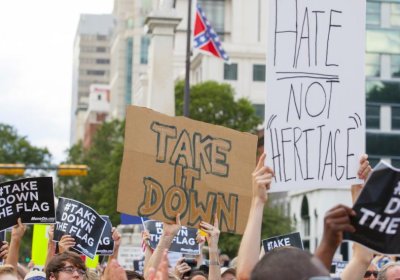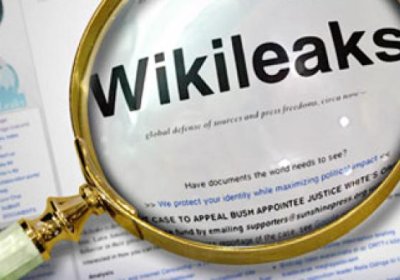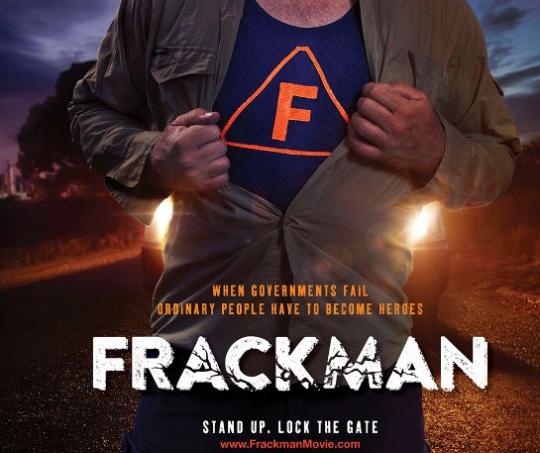 Frackman
Directed by Richard Todd
http://frackmanthemovie.com
Frackman is a new documentary that follows the story of self-proclaimed “worst environmental activist ever” Dayne Pratzky, a resident of the Tara Estates, Chinchilla, in Queensland.
Frackman
Directed by Richard Todd
http://frackmanthemovie.com
Frackman is a new documentary that follows the story of self-proclaimed “worst environmental activist ever” Dayne Pratzky, a resident of the Tara Estates, Chinchilla, in Queensland.
Democracy
 Frackman
Directed by Richard Todd
http://frackmanthemovie.com
Frackman is a new documentary that follows the story of self-proclaimed “worst environmental activist ever” Dayne Pratzky, a resident of the Tara Estates, Chinchilla, in Queensland.
Frackman
Directed by Richard Todd
http://frackmanthemovie.com
Frackman is a new documentary that follows the story of self-proclaimed “worst environmental activist ever” Dayne Pratzky, a resident of the Tara Estates, Chinchilla, in Queensland.
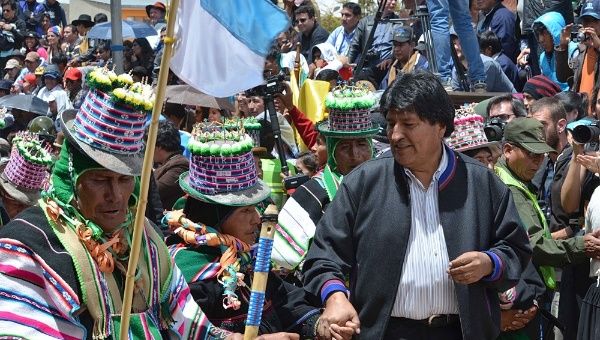 Photo: Agencia Boliviana de Información.
Bolivia's President Evo Morales highlighted the importance of social movements in driving the changes and the economic growth experienced by the South American country in recent years.
The socialist leader, Bolivia's first-ever indigenous head of state, said on June 25 that Bolivia now had greater economic resources available due to the struggle of workers and campesinos.
Photo: Agencia Boliviana de Información.
Bolivia's President Evo Morales highlighted the importance of social movements in driving the changes and the economic growth experienced by the South American country in recent years.
The socialist leader, Bolivia's first-ever indigenous head of state, said on June 25 that Bolivia now had greater economic resources available due to the struggle of workers and campesinos.
Newly released court documents show the US government won a series of court challenges that led to Google having to turn over one years worth of data of user Jacob Appelbaum.
Appelbaum is a WikiLeaks volunteer and a developer for Tor, a free browser and an open network to protect online privacy. He was being targeted by the US Justice Department as part of their criminal investigation into WikiLeaks.
Land rights activists in Honduras' north coast Aguan Valley have condemned what they call an ongoing “hunt” of campesinos (small farmers) in their communities.
The activists are calling for freedom for political prisoners and an end to repression of campesino movements.
Family members of jailed and persecuted rural workers have denounced the “dirty and malicious campaign” of criminalisation against campesino leaders and communities. They accuse the national police, and other state and private security forces, of operating as “a gang of hitmen”.
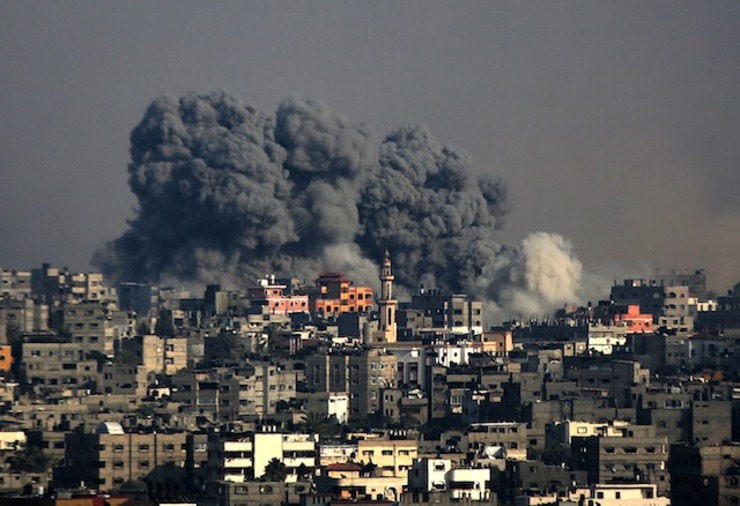 Gaza, July 2014.
Gaza, July 2014.
Israel plans to shut down Palestinian TV station
Israel plans to shut down a new Arabic-language television station that services Palestinian citizens of Israel, Electronic Intifada said on June 25.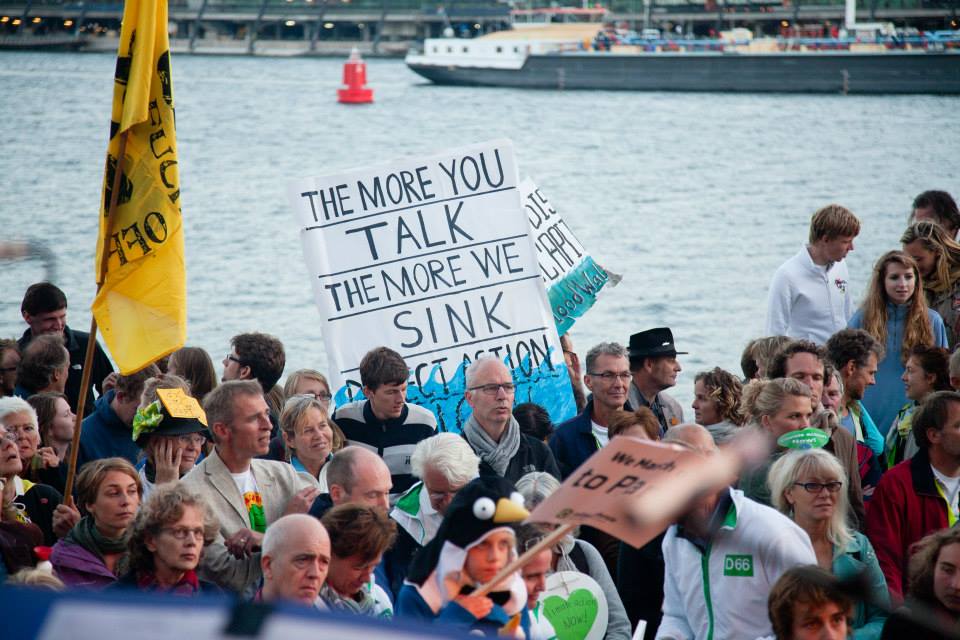 People's Climate March, Amsterdam, September 21, 2014. Photo: Urgenda.nl.
Environmental groups have congratulated the Netherlands after 866 Dutch citizens collectively won a lawsuit filed against their own government for “knowingly contributing” to global warming while doing nothing to prevent it.
People's Climate March, Amsterdam, September 21, 2014. Photo: Urgenda.nl.
Environmental groups have congratulated the Netherlands after 866 Dutch citizens collectively won a lawsuit filed against their own government for “knowingly contributing” to global warming while doing nothing to prevent it.
 President Juan Manuel Santos and General Juan Pablo Rodriguez, one of the generals singled out by the report. Photo: Presidency of Colombia via TeleSUR.
Top generals in the Colombian army have been implicated in the long-running “false positives” military scandal, according to a new report Human Rights Watch (HRW) published on June 24.
President Juan Manuel Santos and General Juan Pablo Rodriguez, one of the generals singled out by the report. Photo: Presidency of Colombia via TeleSUR.
Top generals in the Colombian army have been implicated in the long-running “false positives” military scandal, according to a new report Human Rights Watch (HRW) published on June 24.
 Jaime Nebot. Photo: ANDES.
Ecuadorian President Rafael Correa singled out opposition politician Jaime Nebot, who has been calling for protests against the government, as a clear example of the progress the country has made with respect to the collection of taxes.
Correa came to power in 2007. He said in 2006, Nebot paid just US$1994 in income taxes, but by last year the opposition leader was paying US$66,593.
Jaime Nebot. Photo: ANDES.
Ecuadorian President Rafael Correa singled out opposition politician Jaime Nebot, who has been calling for protests against the government, as a clear example of the progress the country has made with respect to the collection of taxes.
Correa came to power in 2007. He said in 2006, Nebot paid just US$1994 in income taxes, but by last year the opposition leader was paying US$66,593.
“Protesters rallied in Columbia on Tuesday to demand the flag's removal from South Carolina's state capitol,” the BBC reported on June 24.
The protest comes in the aftermath of the racist mass murder carried by Dylann Roof on June 17 in Charleston, South Carolina. Roof, who killed nine people in a historic African American church, was photographed with the flag, which still flies over the state's capitol.
WikiLeaks chose the the third anniversary of its founder’s stay in the Ecuadorian Embassy in London on June 19 to release thousands of cables about Saudi Arabia.
Among the revelations contained in the files, believed to have been leaked by a group calling itself the Yemen Cyber Army, are details about the country’s focus on its strategic rival, Iran, and the revolution in Egypt.
French president Francois Hollande called for an emergency meeting with his defence council on June 24, after WikiLeaks released documents showing the United States has been spying on all France's presidents since 2006.
“The French people have a right to know that their elected government is subject to hostile surveillance from a supposed ally,” said WikiLeaks founder Julian Assange.
Greek Prime Minister Alexis Tsipras announced on June 26 that a referendum will be called over the bailout deal being proposed for the country by Greece's creditors. The deal is pushed by the "Troika" of the European Union, International Monetary Fund and European Central Bank.
Tsipras called an urgent cabinet meeting earlier that day, and later announced to the press plans for the a referendum on July 5. Citizens will be asked “yes” or “no” to creditors’ proposals. Tsipras has asked the Greek ministerial council to call the referendum.
- Previous page
- Page 295
- Next page


